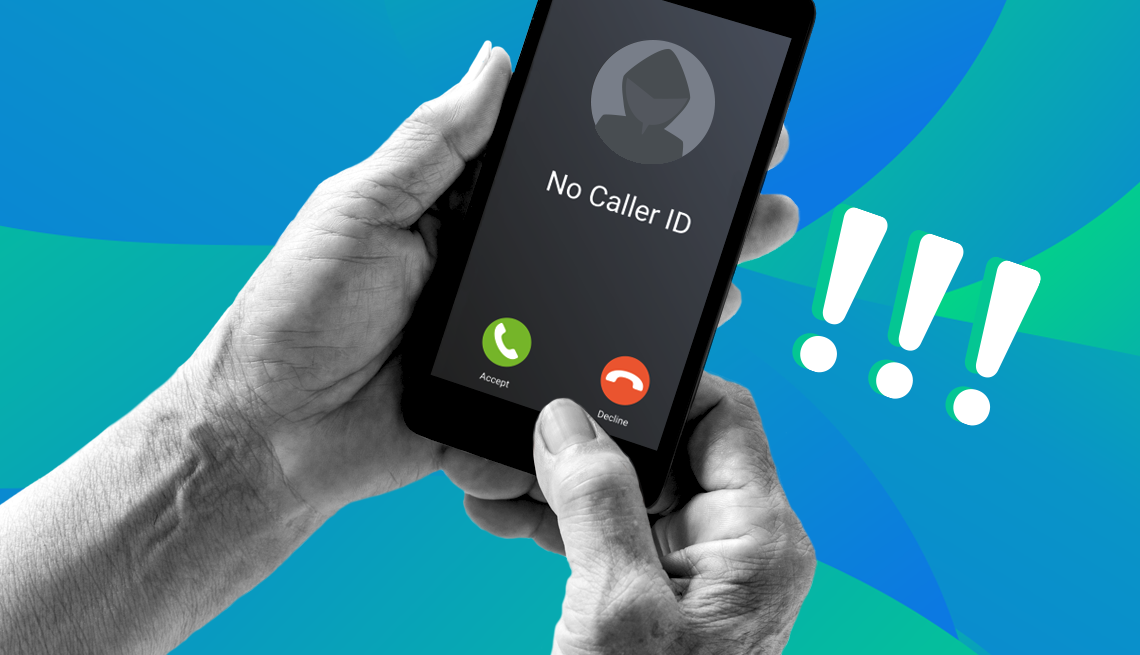AARP Hearing Center


If you watched television in the early aughts, you probably remember the iconic commercials from Verizon Wireless where a roving cellphone spokesman offered up a simple yet sticky catchphrase: “Can you hear me now?”
Some 20 years later, callers are still asking folks on the other end of the line if they can hear them. But now it’s often scammers doing the asking, according to the Federal Communications Commission (FCC), which has warned consumers about so-called “can you hear me” scams — also known as “say yes” scams.
How it works: A criminal calls someone and asks a straightforward question like, “Can you hear me?” or, “Is this so-and-so?” in order to record the person saying “yes.” In theory, the scammer can later use the recording for nefarious purposes.
Sometimes, the call ends immediately and abruptly. Other times, it’s transferred to a live person who continues the conversation in an attempt to extract personal information that they can use for identity theft. In that case, the scammer may impersonate a bank employee, mortgage lender or utility company “to establish a legitimate reason for trying to reach the consumer,” the FCC says. The main objective, however, is to obtain a recorded “yes.”
Older adults are prime targets because they were raised to answer the phone, says Michael Bruemmer, vice president and head of global data breach resolution and consumer protection at consumer credit reporting company Experian. “They’re preying on older people — people 55 and up — because we are so comfortable using the phone. Scammers take advantage of the fact that we will pick up a phone call because that’s what our mom and dad or guardians told us to do.”
































































More From AARP
How to Keep a Loved One With Cognitive Decline Safe From Scams
Key steps to protect vulnerable family members’ finances in an age of rampant fraudMany Scammers Now Ask for Payment in Gold Bars
Criminals tell victims to liquidate their savings to buy gold — then hand it over for ‘safekeeping’What to Know About Those ‘We’ll Buy Your Home’ Ads and Mailers
Shady house flippers use high-pressure tactics and offers of fast cash to make a profit on your propertyRecommended for You